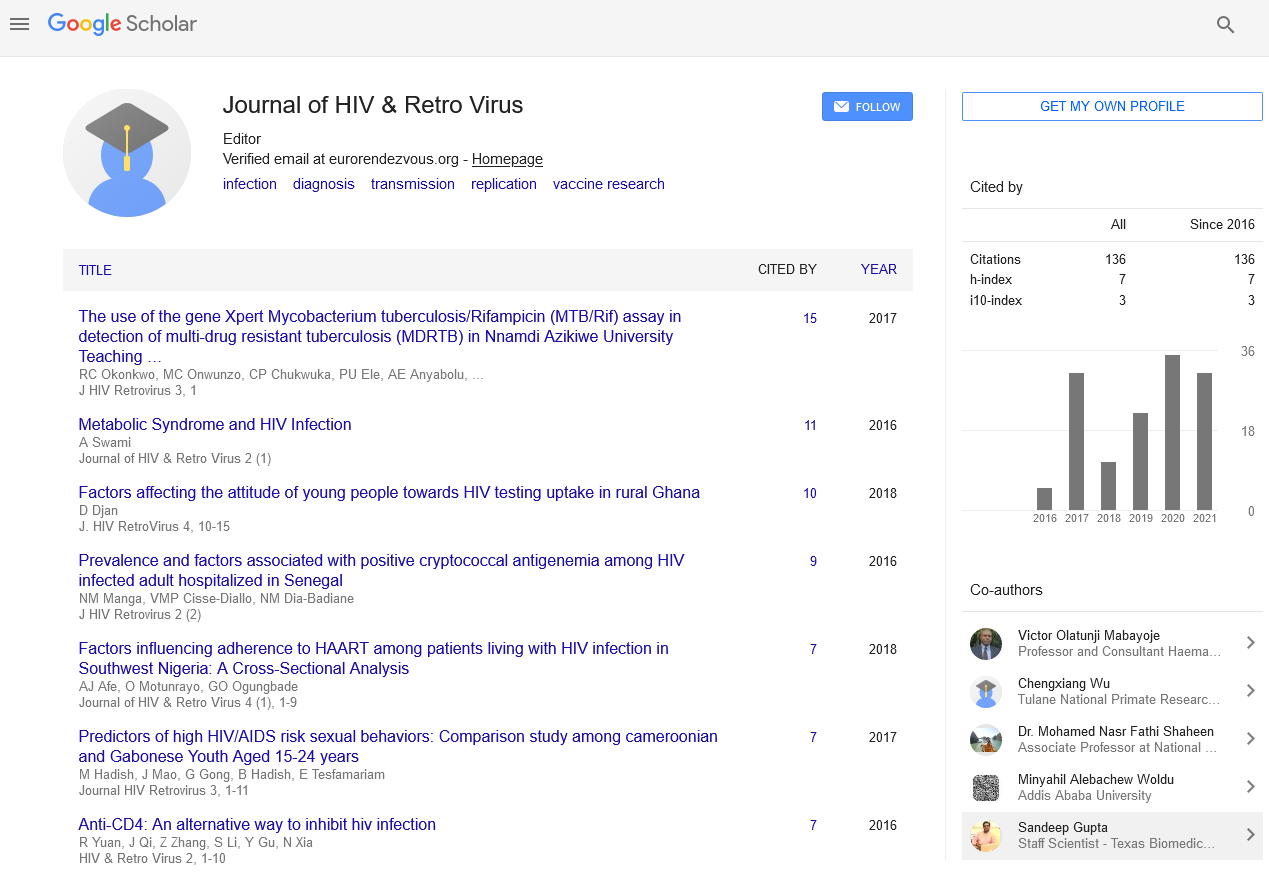Commentary Article - (2023) Volume 9, Issue 3
The Importance of Medical Treatment in Healthcare
Dima Dandachi*
Department of Medicine, University of California, United States
*Correspondence:
Dima Dandachi,
Department of Medicine, University of California,
United States,
Email:
Received: 30-Aug-2023, Manuscript No. IPJHRV-23-18104;
Editor assigned: 01-Sep-2023, Pre QC No. IPJHRV-23-18104;
Reviewed: 15-Sep-2023, QC No. IPJHRV-23-18104;
Revised: 20-Sep-2023, Manuscript No. IPJHRV-23-18104;
Published:
27-Sep-2023, DOI: 10.21767/2471-9676.9.3.30
Description
Medical treatment is a fundamental aspect of healthcare
that plays a pivotal role in the well-being of individuals
and the overall health of a society. It encompasses a wide
range of interventions aimed at preventing, diagnosing, and
treating various medical conditions. This essay explores the
significance of medical treatment in healthcare, its evolution
over time, and the ethical considerations surrounding it.
Medical treatment has come a long way over the centuries.
Historically, it was often rooted in superstition and limited
scientific understanding. However, advancements in medical
knowledge and technology have revolutionized the field.
From the discovery of antibiotics to the development of lifesaving
surgical procedures, medical treatment has progressed
exponentially. Medical treatment encompasses preventive
measures such as vaccinations, lifestyle modifications, and
regular health check-ups. Preventing diseases or detecting them
at an early stage significantly reduces the burden on healthcare
systems and enhances overall public health. Accurate diagnosis
is the cornerstone of effective medical treatment. Modern
medicine relies on advanced diagnostic tools, from laboratory
tests to medical imaging. Timely and accurate diagnosis
enables healthcare professionals to tailor treatment plans to
individual patients, maximizing the chances of a successful
outcome. Medical treatment includes a vast array of therapies
and interventions. These may involve medications, surgeries,
physical therapy, psychotherapy, and many other specialized
approaches. These interventions aim to manage symptoms,
cure diseases, or improve the quality of life for patients. For
individuals with chronic diseases like diabetes, hypertension, or
cancer, ongoing medical treatment is essential. It helps control
symptoms, delay progression, and maintain a good quality of
life. This emphasizes the importance of regular medical checkups
and adherence to prescribed treatments. While medical
treatment is essential, it is not without ethical dilemmas. Here
are some key ethical considerations. Healthcare providers
must obtain informed consent from patients before starting
any treatment. This involves explaining the risks, benefits, and
alternatives to the patient, allowing them to make decisions
about their own healthcare. In many healthcare systems,
there are limited resources such as hospital beds, medical
equipment, and healthcare professionals. Deciding how to
allocate these resources can be a challenging ethical dilemma,
particularly during crises like a pandemic. Decisions about endof-
life care, including the use of life-sustaining treatments, can
be emotionally and ethically complex. Balancing a patient’s
autonomy, quality of life, and the principle of “do no harm”
is challenging. Ensuring equitable access to medical treatment
is a significant ethical concern. Disparities in healthcare access
based on factors like income, race, and geography raise
important ethical questions about justice and fairness.
Conclusion
Medical treatment is a vital component of healthcare,
continuously evolving to provide better outcomes for patients.
It spans prevention, diagnosis, and various therapeutic
interventions, making it essential for maintaining and improving
public health. Ethical considerations in medical treatment
are equally important, emphasizing the need for informed
consent, resource allocation, end-of-life care decisions, and
equitable access to care. As society advances, it is crucial to
continue addressing these ethical challenges while harnessing
the power of medical treatment to improve the health and
well-being of all individuals.
Acknowledgement
None.
Conflict Of Interest
The author declares there is no conflict of interest.
Citation: Dandachi D (2023) The Importance of Medical Treatment in Healthcare. J HIV Retrovirus. 9:23
Copyright: © 2023 Dandachi D. This is an open-access article distributed under the terms of the Creative Commons Attribution
License, which permits unrestricted use, distribution, and reproduction in any medium, provided the original author and source
are credited.

